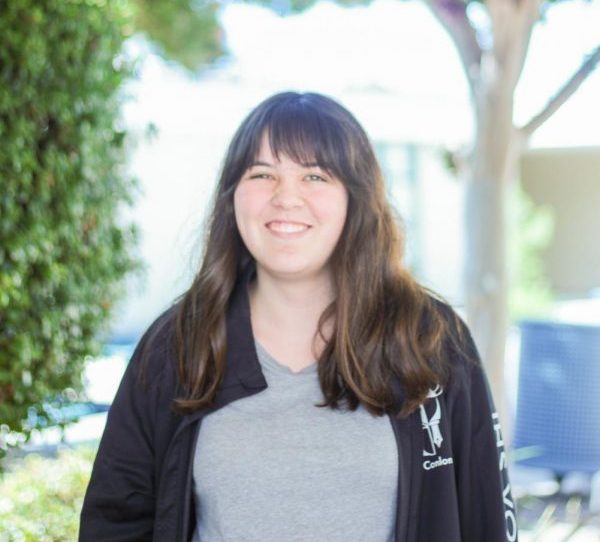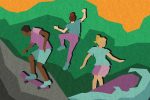In light of the new year and a new semester, students are reconsidering their interests, goals and available skills. Fortunately, colleges across the country offer a long catalog of classes that prepare students to explore intellectual, physical and social challenges. Over the course of four years, they can even choose their preferred method of learning, whether it be through hands-on practical work or a rigorous, well-researched theoretical approach. Below is a list of suggestions for classes that students can take to broaden their horizons and spice up their class schedule:
1. Critical Race Studies
Though this course offering has been under fire as of late, it is an essential course for students of all ages. It teaches students a solid framework for understanding the relationship between race and power, and provides them a lens through which to understand a wide variety of issues. Social science programs require students to complete the course, but many can benefit from learning about the historical and current forces that shape institutions and policy.
2. Media and Its Impact on Society
Colleges across the country offer courses that improve media literacy, defined as the ability to “decode media messages, assess the influence of those messages on thoughts, feelings, and behaviors, and create media thoughtfully and conscientiously.” It serves as an introductory course for journalism and public relations students because it develops students’ ability to think critically about the media that they consume, the biases they harbor and the media they want to create. However, in an age of misinformation where students increasingly get their news through social media, the course could develop crucial skills that help students evaluate sources and formulate informed opinions.
3. Introduction to Statistics
Most college students are required to take a math course to satisfy either their general education requirements or their major requirements. While students may make it up to algebra, trigonometry or calculus in high school, they may not have delved into college-level statistics. Statistics is broadly useful yet very specific in focus. Students from both the “hard” sciences (chemistry, biology, physics or astronomy) and “soft” sciences (sociology, psychology, anthropology or political science) draw on this subject to develop technology and draw conclusions from data. Support programs unlock statistics for students who struggle with mathematical concepts or cannot afford the technology needed to complete the course (most notably, a TI-84 calculator).
4. Introduction to Individual and Group Peer Tutoring
The course goes by many names, but its aim is to train prospective student tutors to manage individual and group environments. This is the place to go in order to understand specific techniques for teaching writing and reading or even math and science. There are also practical benefits to becoming a tutor. Students can get employed through the college or employ themselves independently to make money and pay off loans quicker. They may also genuinely enjoy helping other students explore concepts and skills in their major or area of interest. If this introductory course works out, students may discover a talent for teaching and seek out classes from there that will open them up to pursue a career at the elementary, secondary or collegiate level.
5. Creative Minds
Humanities courses often get a bad rap for being too vague or too theoretical. By choosing to study the creative process in all its complexities, students can dip their toes into the liberal arts world without losing sight of their major-specific goals. Teaching students how to think creatively prepares them to solve human and design challenges in the workplace, two skills that are in great demand. These classes can also open students up to reflection on their specific set of personal experiences and the unique talents that they have, which are both necessary for making informed decisions about their educational path and career. Being creative is universal and, therefore, quite practical to look into.
6. Economics of Public Issues
Through more specialized courses, students can understand how economics factor into and even overlap with public policy. This type of knowledge prepares them to make more informed decisions as voters and talk about issues affecting their specific local communities in forums such as town hall meetings. It also prepares students who want to seek work in the political or social justice sphere. For public policy majors it is a must, but career politicians also need to develop a solid understanding of current issues and a realistic understanding of how to navigate them. Social justice advocates also benefit from marrying ideology with practicality. Knowing what change to call for and how to do it is necessary for civil discourse and further action.
7. Indoor Cycling
Students who are interested in physical education or kinesthetics can check out courses that require them to exercise. Seeing as exercise improves physical health and well-being, it is a good option for any students looking to get healthier. Fortunately, the equipment and setting come already provided and fairly well-maintained.
8. Beginning/Intermediate Karate
For a more creative mode of exercise, students can look into learning karate at the beginning, or if qualified, the intermediate level. It is another way students can blow off steam, find community and continue developing physical and mental strength.

















